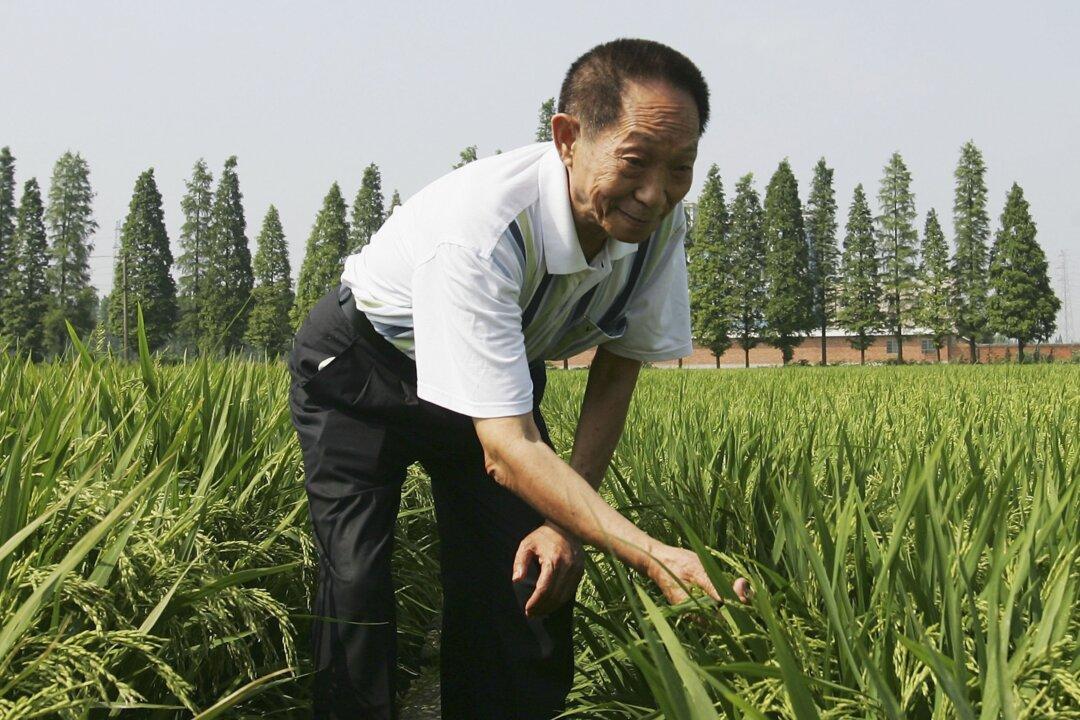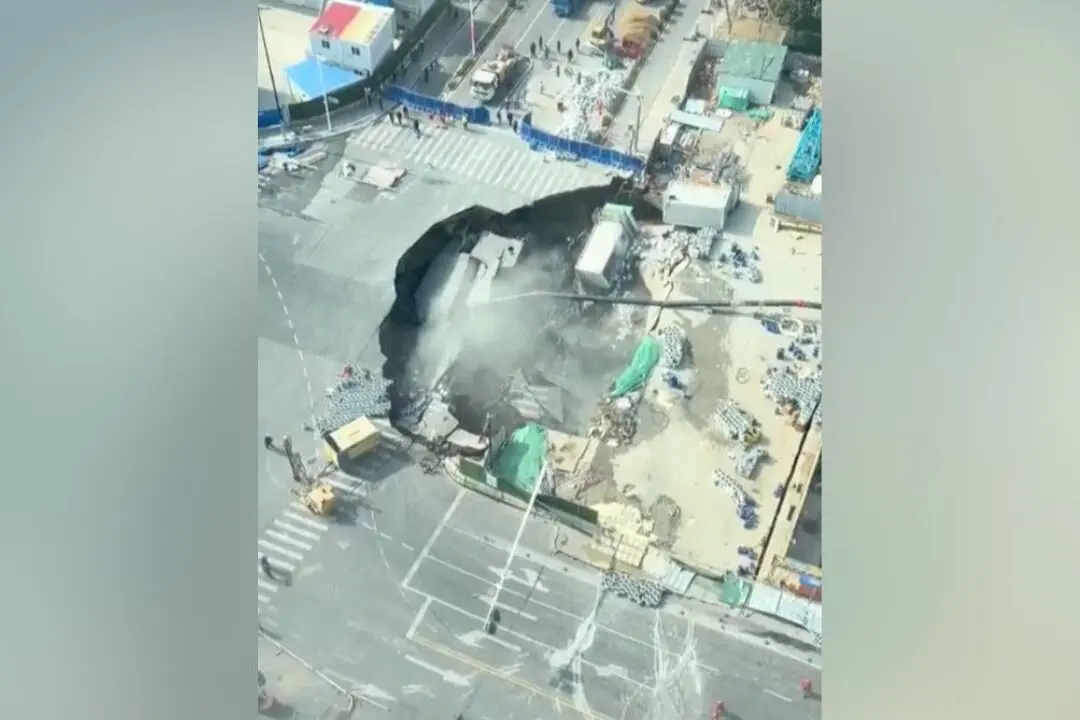Last weekend, while social media platforms across China were flooded with posts mourning the death of Yuan Longping, lauded as China’s “father of hybrid rice,” some dissident voices did not escape from the Chinese regime’s clutches.
China’s top agricultural expert Yuan, who is praised in state media for developing the world’s first high-yield hybrid rice strain, died of organ failure in a hospital in the southern city of Changsha on May 22. He was 91.




